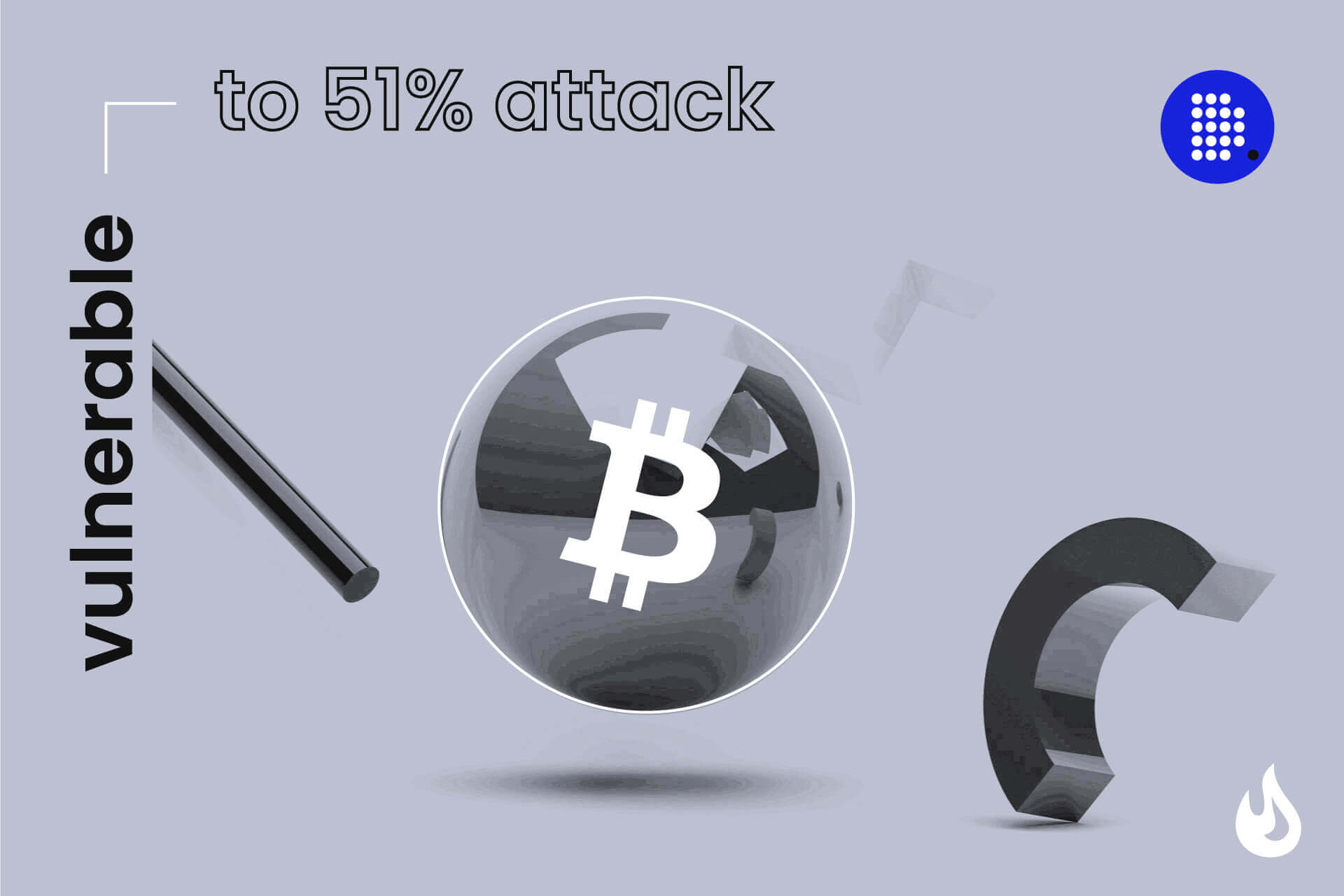
- The general manager of the Bank for International Settlements (BIS) has criticized Bitcoin for being too risky
- Agustin Carstens says the leading cryptocurrency is inherently risky and “increasingly vulnerable” to a 51% attack
- He believes that Bitcoin would breakdown altogether
General manager of the Bank for International Settlements (BIS), Agustin Carstens, has criticized the biggest cryptocurrency for being inherently risky and “increasingly vulnerable” to a 51% attack.
Bitcoin is Becoming More Vulnerable
In a speech delivered at Hoover Institute on January 27, 2021, Carstens, the head of BIS opined that as Bitcoin approaches its maximum supply of 21 million coins, the network will become more vulnerable to majority attacks against the network.
He asserted that as fewer coins being produced in block rewards, the processing time for transactions will also decline, as a result, the vulnerability of the network against attacks will go up.
Sponsored
Carstens who is a long-time bitcoin skeptic further stated that investors must be cognizant that bitcoin may well break down altogether. In his opinion, only central banks should be issuing digital currencies.
The immense power required for mining Bitcoin is another point he notes. The sustainability of long term crypto mining doesn’t exist currently. And as he puts it the alleged price manipulation is the reason for this impending breakdown.
On the Flipside
- Billionaire businessman and inventor, Elon Musk, has once again raised speculations that he is or would be holding bitcoins
- The founder of Tesla and SpaceX on Friday updated his profile to #Bitcoin, while cryptically tweeting “it was inevitable” shortly afterward
- The tweet sent social media users into a frenzy with the price of Bitcoin responding by spiking by 17 percent in the next 24 hours
Bitcoin, Private Coins are Unrealistic
One issue that has lingered around Bitcoin and the entire crypto market has been the high volatility of the asset class. On this issue, Carstens noted that;
Bitcoin poses as its own unit of account, but fluctuations in value mean it is unrealistic to set prices in bitcoin. This also undermines its usefulness as a means of exchange, and makes it a poor store of value.
He explained the scarcity and cryptographic technology used by Bitcoin is not enough to suffice as a guaranteed store of value. Hence, the imminent doom of the cryptocurrency. Another unrealistic asset class, according to Carstens, are private coins.
Carsten opines that private stablecoins cannot serve as the basis for a sound monetary system. Private coins have been heavily criticized for the anonymity and potential use in money laundering and illegal transactions. If they are to be used, Carsten notes that private coins need to be heavily regulated and supervised.
He closes by explaining that if digital assets are to gain mainstream acceptance and use, then central banks would be integral to their success. The role of central banks in the industry would ensure the stability of value and oversee the overall security of the crypto industry.
